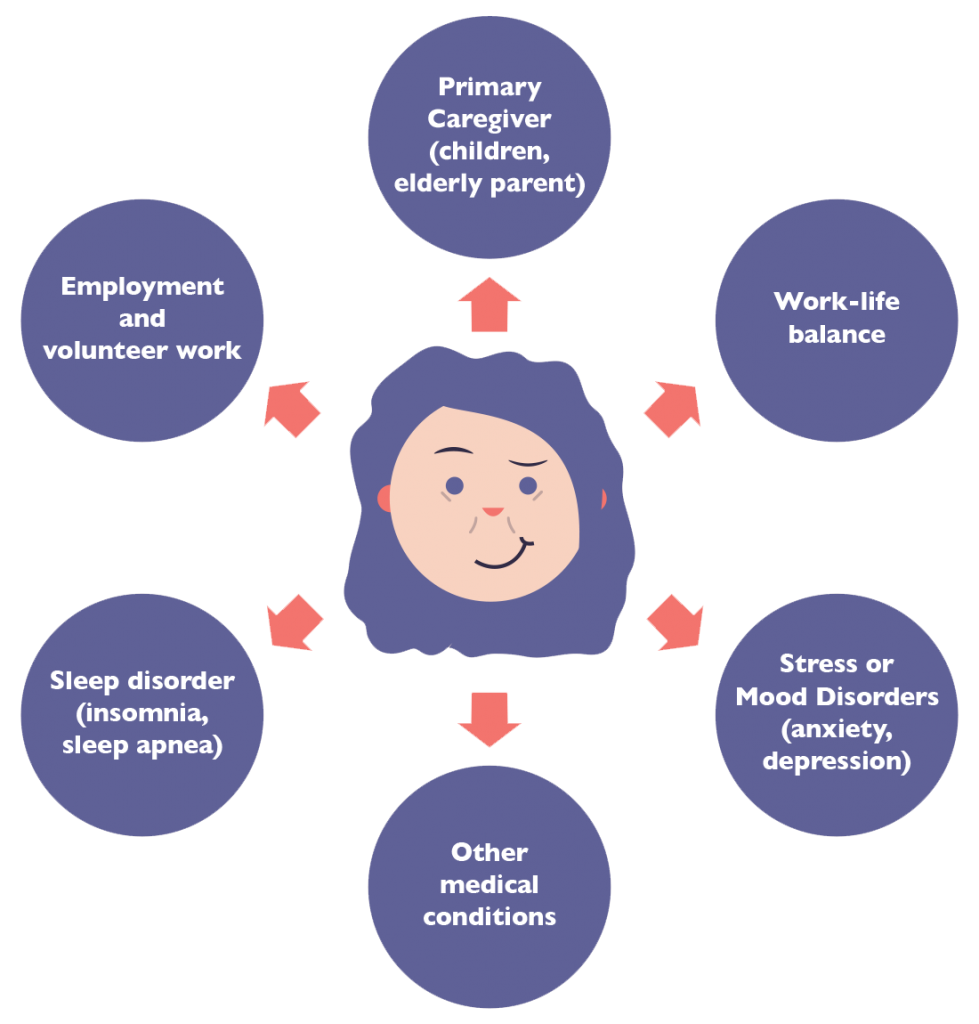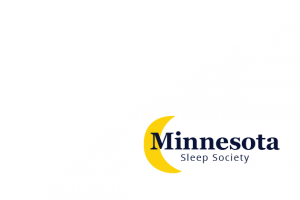SLEEP AND MENOPAUSE

Women going through menopause are at a stage in life when they are often pulled in many different directions, including careers to family responsibilities. They may also have health conditions that disrupt sleep. The more you take steps to control your symptoms, the better you will feel!
SLEEP AND MENOPAUSE
Untreated sleep disorders can contribute to poor sleep and have dramatic health-related consequences. For example, post menopausal women are more likely to develop sleep apnea due to a loss of the protective effects of hormones. So if you continue to have persistent sleep issues, go to your primary care clinic. They may refer you to a sleep provider for further evaluation. Hormone therapy may also be suggested.
Stress management is an important part of improving sleep. This involves exercise, relaxation, good nutrition, drinking plenty of liquids and minimizing caffeine and substance use. Remember to keep your “to-do” list manageable. Make time for yourself and talk to your friends for support!
Hormonal changes and hot flashes disrupt sleep so follow these tips:
- Allow enough time for sleep, most adults need 7+ hours of sleep
- Keep a regular sleep schedule • Layer bedding and clothing, so it can be easily adjusted. The best pajama fabrics are light; like linen, cotton, or merino wool
- Turn down the temperature in the bedroom
- Keep an ice pack under your pillow for a quick way to cool down during the night
- Have a fan or cold drink nearby



Take the “4 Week Sleep Challenge” to learn more about your sleep pattern.
The better your sleep habits, the better you’ll feel!
